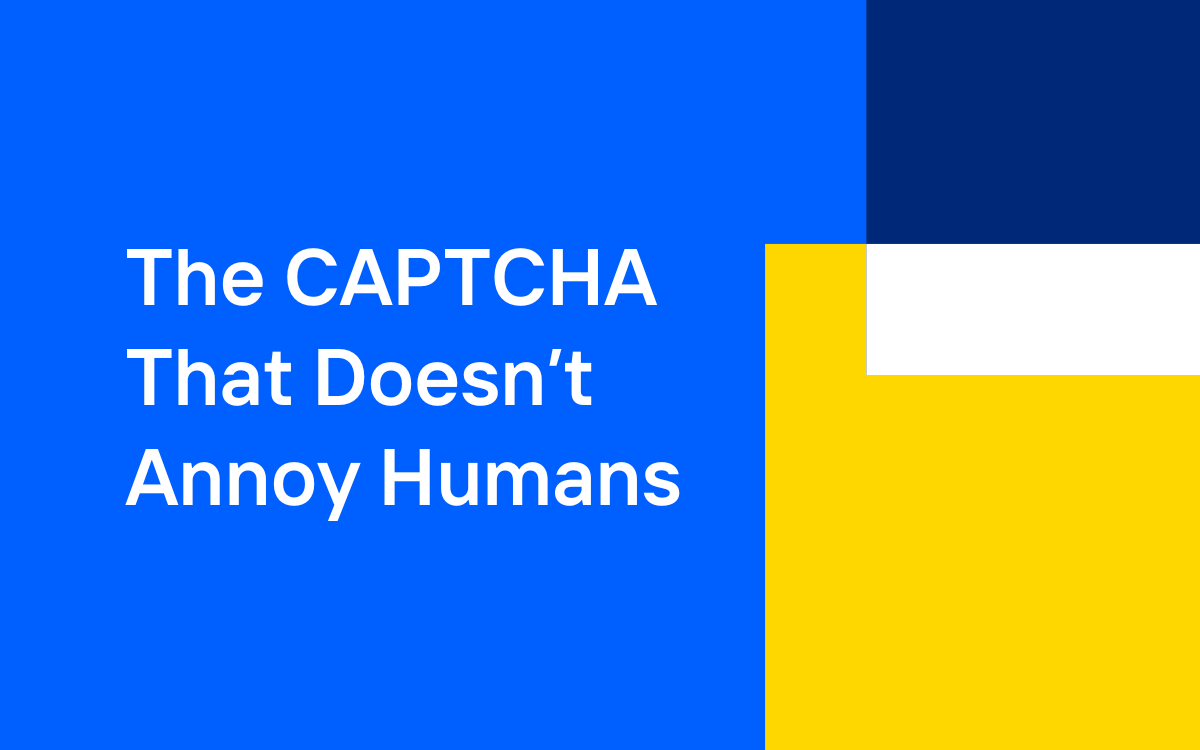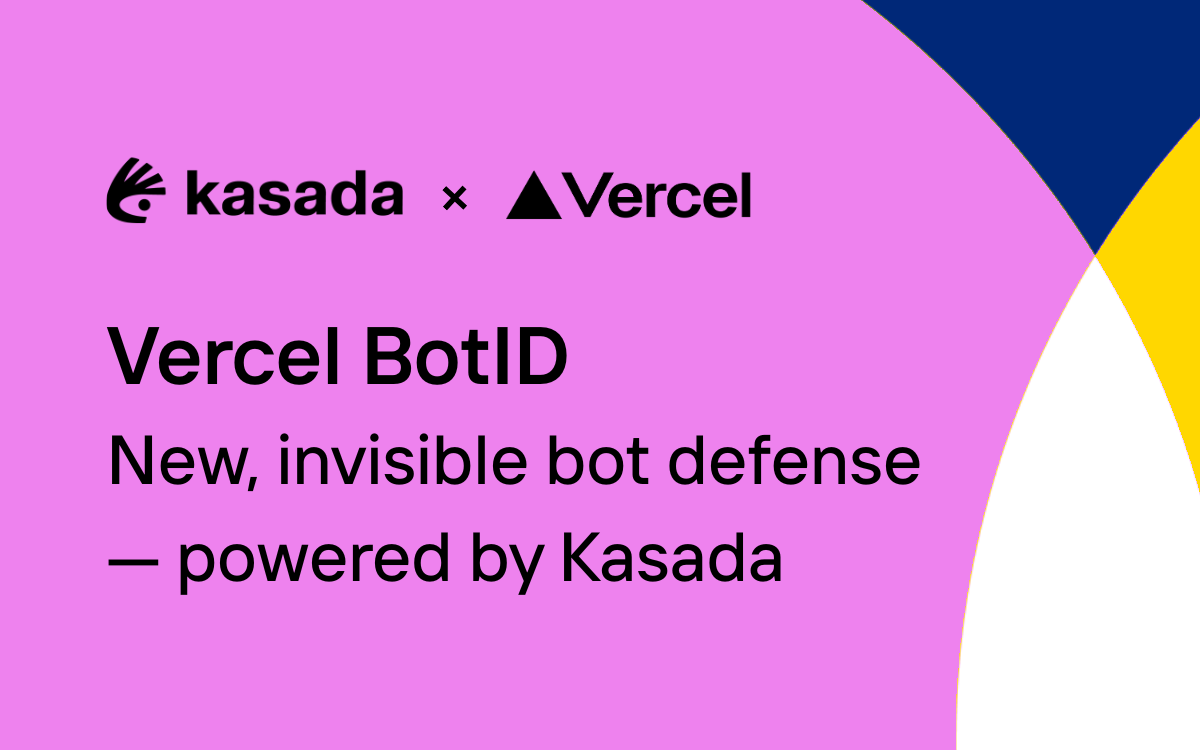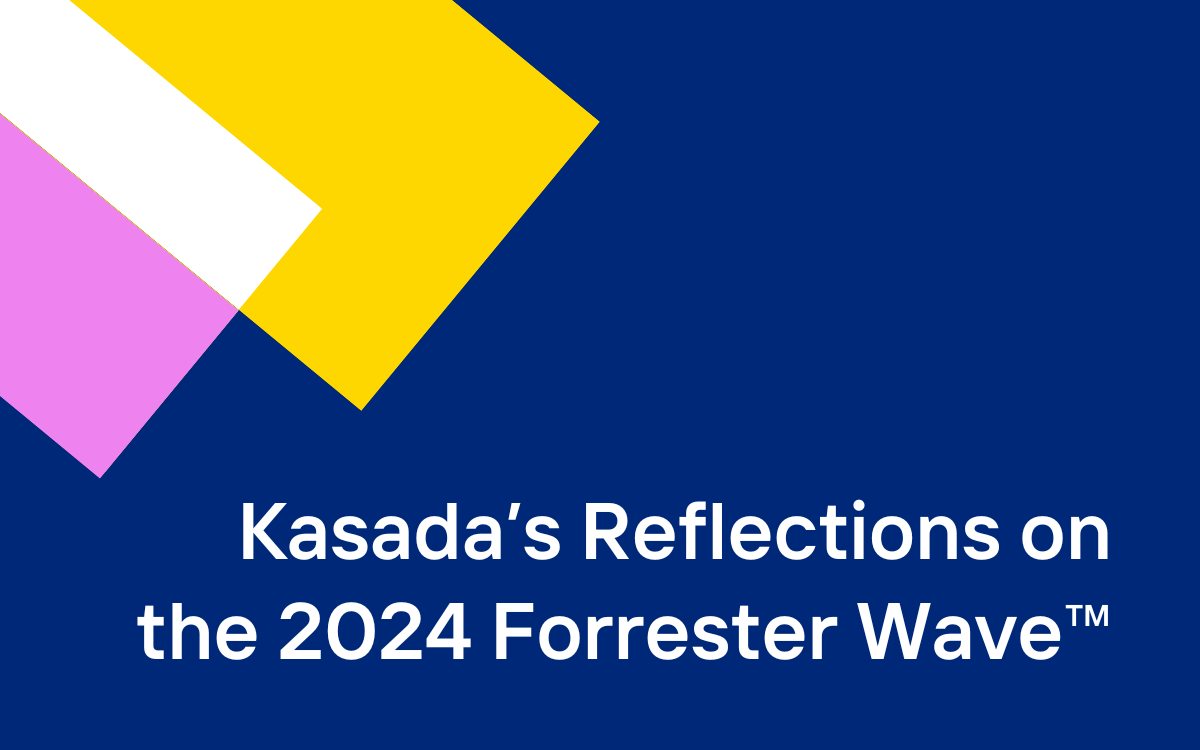In the world of digital marketing, the malicious practice of negative SEO has become a real threat for businesses of all industries. Imagine waking up one day to find your website plummeting in search rankings, all because someone used black hat techniques to sabotage the online presence you’ve worked so hard to build. Scary, right? As troubling as that may seem, bot management can protect you and your website from the risk of these potentially harmful attacks.
This comprehensive guide delves into the dark world of negative SEO, its tactics, and most importantly, how bot management can help you prevent and mitigate its damaging effects. After reading this, you will have a clear understanding of how to safeguard your online assets and reputation from the clutches of negative SEO.
Key Takeaways
- Negative SEO is an unethical practice used to reduce a competitor’s search engine rankings.
- Businesses must detect and prevent negative SEO attacks through monitoring backlinks, strengthening security, conducting audits and using bot management software.
- Bot management tools can help mitigate you from the harmful effects of potential negative SEO attacks.
Understanding Negative SEO

Negative SEO, a practice that leverages unethical tactics like bot attacks, aims to hurt a rival’s search engine rankings. This underhanded strategy often involves black hat SEO techniques, which target competitors’ websites by creating unnatural links, scraping and reposting content, and even hacking into the site to alter its content. Negative SEO is indeed a legitimate concern, as numerous websites have had to address this issue, grappling with good bots and bad bots alike.
When noticing a sudden ranking drop, don’t rush into attributing it to negative SEO; other common causes may be at play. However, if you do find yourself a victim of negative SEO, there are tools you can use to help dissociate your website from low-quality links and protect its ranking and reputation.
In the following sections, we’ll delve deeper into the intricacies of negative SEO and how bot management can help you keep these attacks at bay.
Defining Negative SEO
Negative SEO refers to the use of unethical techniques, such as bot attacks, to adversely impact a competitor’s search engine rankings. Common methods include the creation of unnatural links from low-quality websites, known as toxic backlinks, and link farms that aim to damage a website’s Authority Score, which evaluates the value and trend of its backlink profile. A chilling example of a negative SEO attack is the case of WP Bacon, a website that experienced a significant drop of 50+ positions in Google for most of its keywords due to thousands of spammy links and explicit anchor text.
Maintaining an updated disavow file is an effective strategy to fight against negative SEO. A disavow file helps eliminate detrimental backlinks from a website’s backlink profile, thus assisting in protecting the site from negative SEO.
The subsequent section delves into the motives and reasons behind negative SEO attacks.
The Goals of Negative SEO Attacks
The primary objectives of negative SEO attacks are to gain an advantage over competitors and to inflict damage on a competitor’s online reputation. For instance, a competitor might establish harmful backlinks to your website or generate duplicate content to outrank you in search engine results, thereby attaining a competitive edge. Damaging a rival’s online reputation may involve generating fake reviews or compromising their social media accounts.
Content scraping is a common tactic employed in negative SEO, where a competitor copies and reposts your content with the intent of negatively impacting your search engine rankings. Counterfeit negative reviews about your website may also be used as part of this tactic. All with the aim to negatively affect your SEO, ranking, and reputation.
Common Negative SEO Tactics
The most prevalent methods employed in negative SEO attacks include:
- Toxic backlinks: links from low-quality websites that can adversely affect a website’s ranking in search engine results.
- Content scraping: extracting content from another website and using it on your own site without permission.
- Fake reviews: reviews written by individuals who have not actually experienced the product or service being reviewed.
In the following subsections, we will explore each of these tactics in greater detail. Negative SEO tactics such as toxic backlinks, content scraping, and fake reviews can considerably damage a website’s search engine rankings. However, businesses can protect their online presence from these harmful effects by implementing certain strategies and preventive measures.
Toxic Backlinks
Toxic backlinks are unnatural links originating from low-quality websites that can have a detrimental effect on a site’s search engine rankings. Search engines may penalize a website with toxic backlinks, leading to a decrease in rankings and visibility.
Various tools and resources are available for addressing toxic backlinks, such as the Google Disavow Tool, Copyscape, social media monitoring tools, and through partnering with a bot management company.
Content Scraping and Duplication
Content scraping and duplication involve copying and reposting a competitor’s content to adversely affect their rankings. This practice may also include the manipulation of duplicate content through copyright complaints, leading to the temporary removal of the page for up to 10 days. Content scraping, also known as web scraping or data extraction, is the process of using automation to duplicate all the content from a website, typically with malicious intent. Scraping is often conducted through the use of bots to crawl websites and extract information.
Fake Reviews and Social Media Sabotage

False negative reviews and social media impersonation are tactics used to damage a website’s reputation. Fake review posting refers to the practice of posting false negative reviews with the intention of damaging a website’s reputation. Social media sabotage can include account takeovers, which are often executed through credential stuffing attacks, where attackers use stolen credentials to gain access to a target account. In this case, the attackers can post malicious content or impersonate the account owner, causing harm to the brand’s online reputation.
To protect against fake reviews and social media sabotage, businesses should vigilantly monitor their social media accounts for any dubious activity or malevolent content. Additionally, it is crucial to maintain strong security measures for all social media accounts, such as using two-factor authentication and regularly updating passwords.
Detecting and Preventing Negative SEO Attacks

For businesses aiming to protect their online presence, the detection and prevention of negative SEO attacks are of paramount importance. The initial measure to safeguard your website is to observe any indications of attack, such as a sudden decline in organic traffic. By implementing bot management and enhanced security measures, you can minimize the risk of negative SEO attacks and ensure the security of your online presence. If signs of a negative SEO attack are detected, prompt response and mitigation measures are essential.
Monitoring Your Backlink Profile
Regularly monitoring your backlink profile is an effective strategy for identifying and disavowing spammy domains. Keeping a close eye on your backlink profile helps you detect any malicious activity and take necessary actions to protect your website’s search engine rankings. Tools like the SEMrush Backlink Audit tool can help you monitor lost and identified backlinks, providing an additional layer of protection against negative SEO attacks.
Staying vigilant and consistently updating your disavow file can help you protect your website from the harmful effects of toxic backlinks.
Strengthening Website Security
Website security plays a critical role in defending against negative SEO, as it helps prevent hacking and other on-page negative SEO strategies. A hacked website can adversely affect your SEO efforts, as Google may reduce your website’s ranking or add a “this site may be hacked” line to your search listings. By enhancing your website’s security, you can prevent hacking attempts and your online assets from negative SEO attacks.
Regular Site Audits
Conducting regular site audits is crucial for detecting content modifications, de-indexing, and other potential negative SEO threats. A website audit is a comprehensive examination of a website to assess its performance, compatibility with search engine algorithms, content, SEO, design, usability, and general capability. Regular site audits help you identify changes in content and potential SEO risks, allowing you to take appropriate action to protect your website’s search engine rankings.
Bot Management Software
Bot management software is designed to detect, analyze, and mitigate bot traffic on websites and applications, helping organizations distinguish between legitimate user traffic and malicious bot activity. With bot management solutions, businesses can protect their online assets from various automated threats and attacks, including negative SEO attacks.
Kasada offers a modern approach to bot detection, blocking the automation used to conduct these types of scraping attacks at scale. Other solutions in the market require all requests to enter your infrastructure before they can determine if automation is present through the use of behavioral analysis or challenges like CAPTCHAs. Not only can bots easily evade this detection, it doesn’t stop scraping, as it allows bots to access your site and scrape your content before the detection can identify if the request is automated.
Kasada doesn’t rely on behavioral analysis or challenges, it instead looks for the immutable presence of automation from the first request, stopping bots from being able to hit your pages and scrape your content.
Tools and Resources for Combating Negative SEO
Several tools and resources are available to counter the effects of negative SEO, including:
- The Google Disavow Tool
- Copyscape
- Social media monitoring tools
- Engaging a bot management company
These tools and resources can help businesses protect their websites from the damaging effects of negative SEO attacks.
In the following subsections, we will explore each of these tools and resources in greater detail.
Google Disavow Tool
The Google Disavow Tool is a feature in Google Search Console that enables website owners to discount the value of certain inbound links to their site. This tool helps webmasters disavow links from external websites that may be adversely affecting their website’s SEO.
Utilizing the Google Disavow Tool enables businesses to shield their websites from the damaging effects of toxic backlinks and ward off negative SEO attacks.
Copyscape
Copyscape is an online plagiarism detection service that checks for similar text content that appears elsewhere on the web. By scanning the internet for text similar to the material submitted by the user, Copyscape helps identify and eliminate content that has been duplicated from their website, offering protection against negative SEO attacks.
Social Media Monitoring Tools
Social media monitoring tools, such as Hootsuite, Sprout Social, and Brandwatch, enable webmasters to observe their social media accounts for any dubious activity or malevolent content.The usage of social media monitoring tools allows businesses to safeguard their online reputation from the harmful repercussions of fake reviews and social media sabotage.
Partnering with a Bot Management Company
Partnering with a bot management company enables webmasters to protect their website from automated attacks and malicious bots. Bot management providers, like Kasada, offer comprehensive solutions that utilize client-side and server-side detection, as well as threat intelligence to identify bots and stay ahead of adversary innovation.
Kasada’s bot management offers a robust defense against negative SEO attacks through real-time detection of malicious bots that threaten your website’s SEO. Using bot management to adapt to the ever evolving bot threats, provides continuous protection, preserves your site’s online reputation and your search engine performance.
Kasada Bot Management to Prevent Negative SEO Attacks
By providing real-time detection and categorization of bots, Kasada can identify and block malicious bots that aim to scrape content, create spammy backlinks, or engage in other activities that could deteriorate your website’s SEO.
Kasada’s understanding of the changing threat landscape and its commitment to innovation allows the solution to evolve with new types of SEO-focused attacks, offering ongoing, resilient protection so that you can rest assured your online reputation and search engine performance remains intact.
Frequently Asked Questions
Does negative SEO still work?
Negative SEO tactics may not be as effective as they used to be, as Google’s algorithms are able to detect and prevent such attacks. However, attackers can still damage your website and rankings by bombarding you with spammy links or negative reviews, or by hacking into your site and manipulating your SEO settings.
What causes negative SEO?
Negative SEO, also known as “black hat SEO,” is caused by malicious tactics like creating lots of new backlinks from spam sources, generating bad reviews, and adding unusual content to your website.
Is negative SEO illegal?
Negative SEO, also known as black hat SEO, is an unethical and illegal practice of attempting to pull down a website’s rankings in search engines.
What is an example of a negative SEO attack?
A negative SEO attack is a malicious attempt to damage a website’s search engine rankings, usually by creating fake backlinks, duplicating content on another site or spammy social media posts. It can be detected by monitoring organic traffic and changes to your backlink catalog, tracking Toxic Score and Authority Score values on a regular basis, and working with a bot management company to prevent scraping attacks.




